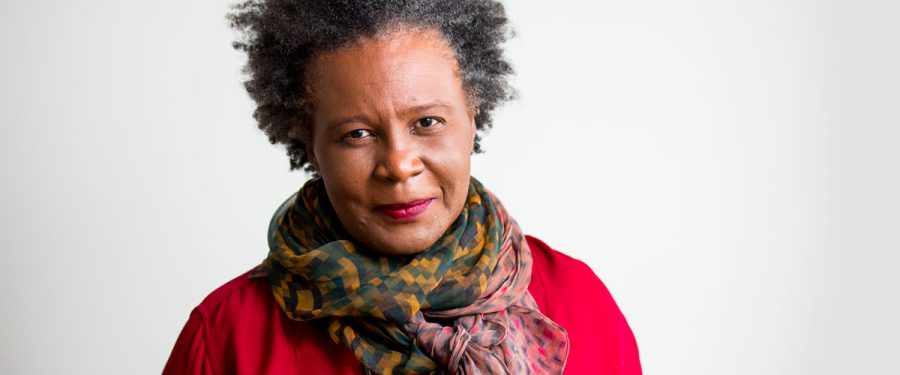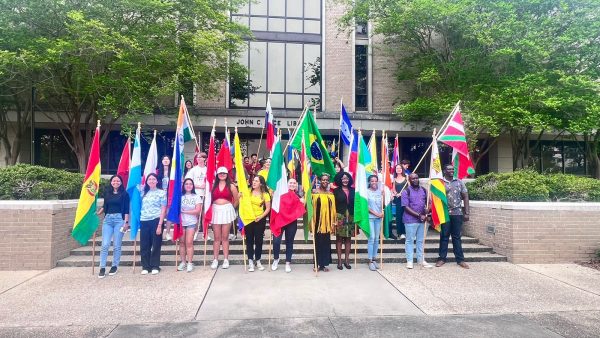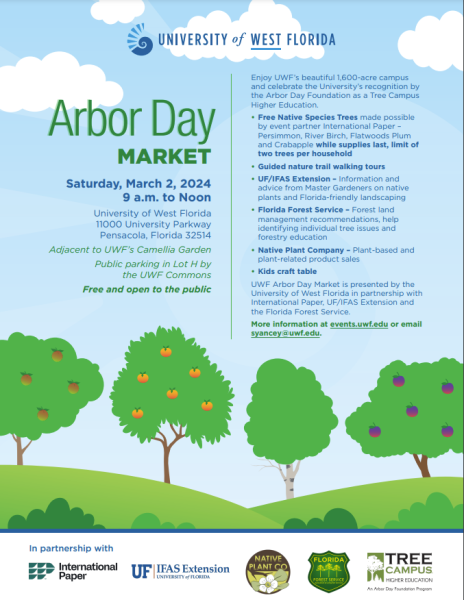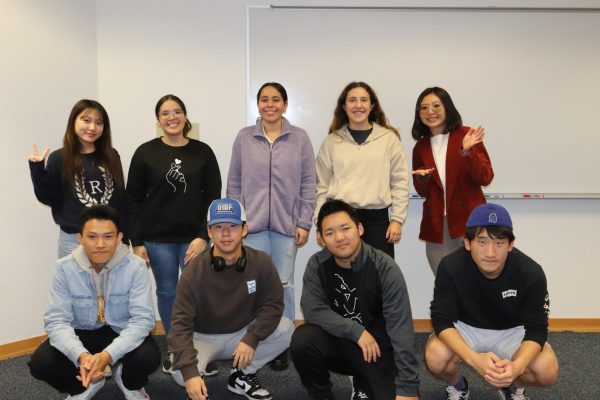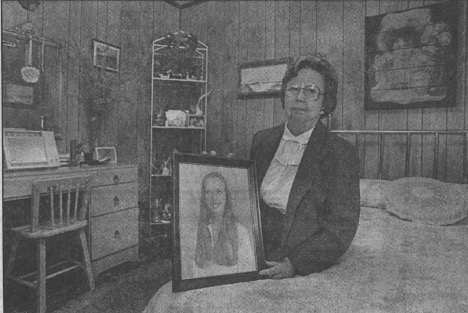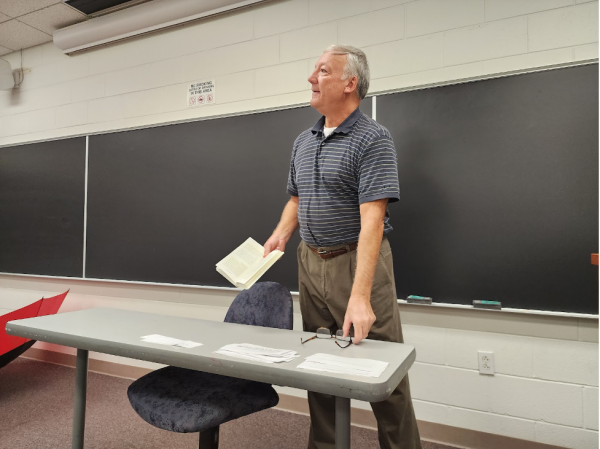Poet, Claudia Rankine, speaks at UWF
February 10, 2021
On Thursday night, a virtual crowd north of 270 attendees gathered to receive education from an artist whose work provides gripping insight to all.
Claudia Rankine is an American poet, playwright, essayist, and professor who studied at Williams College and Columbia University. Throughout her career, she has received much praise, earning accolades such as the Bobbitt National Prize for Poetry and the Poets & Writers’ Jackson Poetry Prize. She is currently teaching at Yale University. To date, she has published a total of 6 collections of poetry as well as 3 plays.
Speaking for an hour, Rankine delivered excerpts from her impactful collection of poetry, 2014’s Citizen: An American Lyric. Pulling both from personal experience as well as the testimonies of others, the collaborative effort shines a spotlight on the racial injustice that is omnipresent today. The impassioned stanzas are responsible for sending shockwaves of contempt through the reader, both for the events detailed as well as the current state of racial relations within the country.
The collection holds just as much weight, if not more, as it did upon its release nearly 7 years ago. This past year was one riddled with civil and racial unrest, sparked by the murder of George Floyd at the hands of Minneapolis law enforcement on May 29, 2020. The messages within Citizen are birthed of the same prejudice that has been occurring for centuries.
According to the FBI’s most recent Hate Crime Statistics Act (HCSA), African American’s were the target of hate crimes more than any other group in the United States. This same report detailed that 2019 saw the highest rate of hate crimes in the U.S. in over a decade.
In 2016, Rankine founded the Racial Imaginary Institute, an organization aimed at promoting arts and artistic efforts that engage the subject of race. They are determined to expose and educate the public on the struggles that racial issues form and the reality of these hardships. Taken directly from the Institute’s website is the following quote:
“The Institute will take the form of a moving collaboration with other collectives, spaces, artists, and organizations towards art exhibitions, readings, dialogues, lectures, performances, and screenings that engage the subject of race.”
During her time speaking at UWF, Rankine spoke on what the term ‘racial imaginary’ means. She explained that the whole concept of race is a construct. The “whiteness or blackness” of a person, Rankine said, is often a major way in which people negotiate, whether they are conscious of it or not. This fundamental structure in which we interact is nothing more than a socially manufactured idea, it is not an accurate representation of who we are as people, she explains.
Rankine detailed throughout the presentation that her work was a direct result of experiences that she herself had undergone as well as others around her. The visual art featured within is a representation of these injustices as well. She discussed the current state of affairs, the history of racial prejudice in America, and the current ways that black Americans are still being oppressed, a major culprit being voter suppression.
A question asked by an attendee of the event was how to respond to those who claim that racism in America is ‘better now’ or ‘not an issue’. Rankine’s response was contemplative and empirical, aligning with her poetry. She suggested to state how the ways of oppression have evolved over the years, manifesting themselves in different forms but never being completely smoldered by righteousness alone. Jim Crow laws, mass incarceration, and voter suppression were just the handful she cited. Teachings such as these were plentiful during her time speaking and the lessons shared were of the utmost value.
The last poem in Citizen came from an experience that Rankine had on her way to a tennis lesson, a seemingly innocuous trip that ended up producing a glaring instance of prejudice. Rankine was waiting in her car for her time slot to begin when a woman, who was white, pulled into the parking spot next to Claudia’s car. Upon spotting Rankine, the woman restarted her car and fled to a parking spot on the opposite end of the lot. Rankine had done nothing but be observed by the woman. This experience produced a line in the last poem of Citizen that is nothing short of profound:
“It wasn’t a match, it was a lesson”
This lesson she speaks of is one that has endured for centuries. Rankine’s work in itself is a lesson to all those who listen, one that should continue to be learned and disseminated. Her work will leave you astounded, both in part to linguistics as well as the content, and is worthy of anyone’s time. Citizen: An American Lyric and Claudia Rankine herself will be enough to inspire a call to action and a new sense of awareness in anyone who is exposed. The battle against racial inequality is ongoing, and it must continue to be fought against. To again quote from the last piece of the collection:
“I don’t know how to end what doesn’t have an ending”
Learn more about Claudia Rankine and her work here: http://claudiarankine.com/
Learn more about the Racial Imaginary Institute here: https://theracialimaginary.org/

